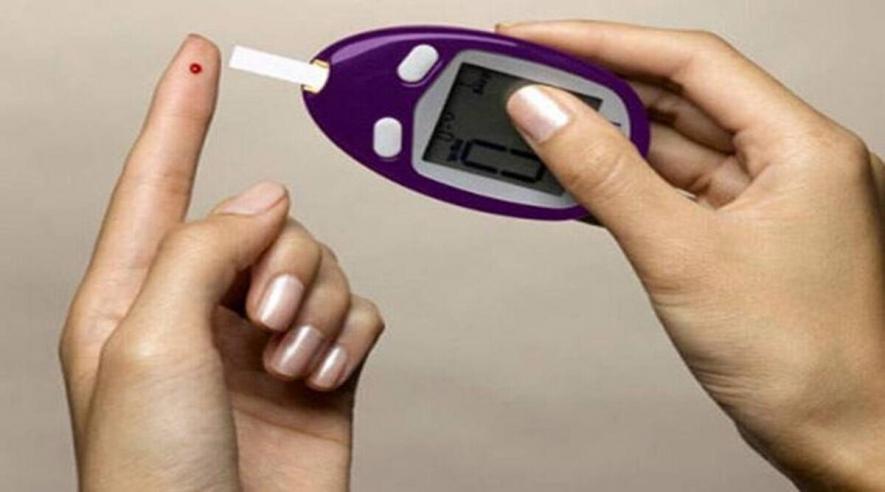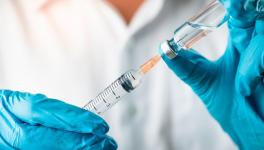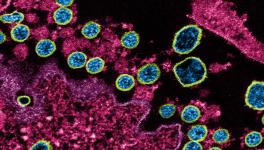Even Mild COVID-19 Infection Increases Diabetes Risk by 40%

Image Courtesy: Reuters
COVID-19 infection increases the risk of diabetes and can trigger the disease even after one year. Even after a mild infection of SARS-CoV-2, the virus that causes COVID-19, there is a chance of developing diabetes compared to persons who were never infected. This concerning finding was recently reported in Lancet recently.
The study, comprising a massive cohort of around 200,000 people, was in addition to the already growing numbers of research showing an increase in the chance of getting diabetes after a COVID-19 infection.
Ziyad Al-Aly, co-author of the study and the chief researcher for the VA St Louis Health Care System, USA, said, “When the pandemic recedes, we’re going to be left with the legacy of this pandemic—a legacy of chronic disease for which health-care systems are unprepared.”
Al-Aly and his team analysed the medical records of more than 180,000 people for more than a month after they were infected and compared them with the records of two groups of non-infected people comprising around four million people and who had used the VA System before or during the pandemic.
The analyses revealed that people with COVID-19 had a 40% more chance of developing diabetes up to a year in comparison to those who were never infected. Notably, almost all of the cases detected were of Type 2 diabetes.
Diabetes leads to a situation where the body becomes resistant to insulin or stops producing it in enough amount. Insulin is a hormone having a profound influence on controlling the blood sugar level. A disruption of this hormone (a protein molecule) essentially increases the sugar level in blood, the hallmark of diabetes.
The latest study also found that the development of diabetes increased with the severity of COVID-19. According to the study’s authors, patients who were hospitalised or in the ICU had thrice the risk of developing diabetes than people who were never infected. People with high body mass index, which is also a risk factor for Type 2 diabetes, have double the chance of developing it after an infection.
Earlier reports too had raised alarmed about diabetes based upon anecdotal reports of SARS-CoV-2 damaging the pancreatic cells, which could induce Type 1 diabetes. Both the types are different with Type 1 having its roots in genetics and developing early in life while Type 2 is caused by lifestyle and develops slowly. However, the development of Type 1 diabetes remains controversial in COVID-19 patients.
If the observed trends are true, then there will be a drastic rise in the numbers of people diagnosed with diabetes worldwide even in the scenario of a modest rise in diabetes risk as the world has 480 million confirmed cases of COVID-19.
However, the trend observed in the study might not hold true for people from different ethnicity. The study focussed on older white men with most of them having elevated blood pressure and overweight. Hence, they are at a higher risk of developing diabetes, according to another author Meyerowitz-Katz G. The risk of diabetes development is lower in children but higher in some other ethnic groups, he added.
Get the latest reports & analysis with people's perspective on Protests, movements & deep analytical videos, discussions of the current affairs in your Telegram app. Subscribe to NewsClick's Telegram channel & get Real-Time updates on stories, as they get published on our website.
















